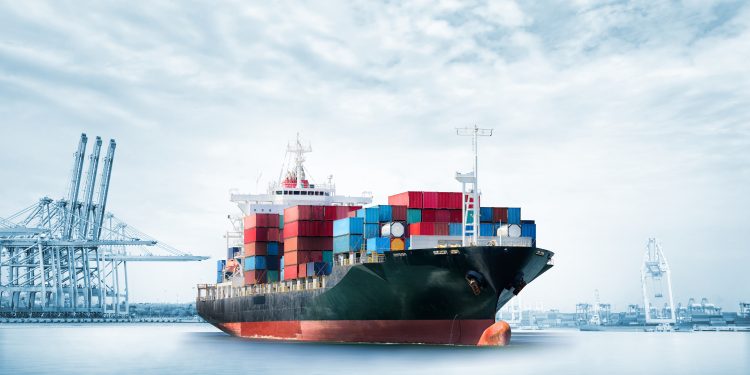Three members of the U.S. House of Representatives from California proposed new legislation that would require U.S. ports to emphasize exports by giving priority to carriers that demonstrate their predominance of export bookings instead of carrying empty containers or departing with unused capacity.
According to Congressmen John Garamendi, one of the co-sponsors of the bill “Foreign exporters’ access to the American market and our consumers is a privilege, not a right. Cargo ships looking to offload foreign-made products and profit off West Coast ports must provide opportunities for American exports in return.”
As the co-sponsors of the legislation said, the American Port Access Privileges Act would ensure fair trade for U.S. businesses and keep hard-won foreign markets accessible to California’s agricultural growers as well as other exporters.
[smlsubform prepend=”GET THE SAFETY4SEA IN YOUR INBOX!” showname=false emailtxt=”” emailholder=”Enter your email address” showsubmit=true submittxt=”Submit” jsthanks=false thankyou=”Thank you for subscribing to our mailing list”]
Specifically, the bill calls for establishing a secondary berthing preference for ocean-going commercial vessels servicing multiple ports in the US or with significant cargo bookings of American exports.
Our legislation would put American exports at the front of the line at our ports to support American businesses and workers. Congress must restore fairness at our ports for American exporters to help reduce the United States’ longstanding trade imbalance with countries like China
said Mr. Garamendi.
To receive the port priorities, vessels would have to prove that they have cargo booking for exports totaling either 51% of the vessel’s carrying capacity by weight or 515 of the vessel’s TEU capacity that would be loaded before calling at a foreign port.
The cargo could be loaded in single or multiple U.S. ports, but foreign vessels calling at more than one U.S. port before departing for international ports would also be eligible for the priority berthing in U.S. ports.
Not later than 90 days after the passage of the legislation, the Secretary of Transportation would be required to issue the definitions of preferential berthing. The U.S. Department of Transportation’s Bureau of Transportation Statistics would also be required to collect data on berthing and cargo practices at U.S. ports to evaluate ocean carriers’ practices for port calls and cargo bookings, as well as the impact of preferential berthing afforded under the bill.































































